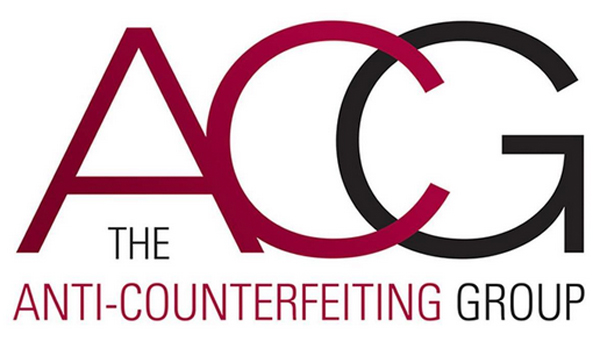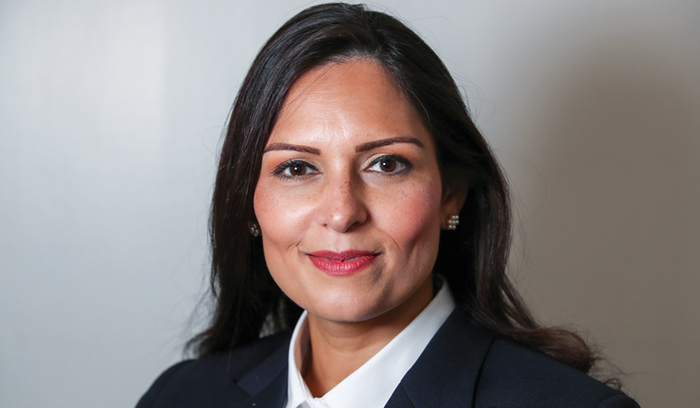'Urgent, profound and fundamental shift' required in rape case investigation
The police and Crown Prosecution Service (CPS) need to fundamentally change their approach to working together on rape cases to build trust and secure justice, a new report published today (July 16) has found.
A joint inspection between HM Inspectorate of Constabulary and Fire and Rescue Services (HMICFRS) and HM Crown Prosecution Service Inspectorate (HMCPSI) found some evidence of ineffective joint working between the police and prosecutors, contributing to lengthy delays in decision-making, poor outcomes and unacceptably poor communication with victims.
The report described a cycle, where concern about low conviction rates results in a more cautious approach to rape investigations and prosecutions than with other offences. This contributes to delays and what can feel like a disproportionate focus on victim credibility; which in turn can result in victims withdrawing support; and lead to worsening conviction rates. The inspectorates said this cycle must be broken.
The inspectorates said there are two essential catalysts to improve rape prosecution rates: a step-change in joint working between the police and the CPS at every level, with adequate capability and capacity in all parts of the system, and a willingness to work together to overcome the challenges faced by each agency; and the provision of high-quality and consistent wrap-around care for those who report rape.
The report noted: “In many cases, we found evidence of drift and delay throughout investigations; the absence of sufficient wrap-around services to support victims through the process; opportunities missed to follow up on all lines of inquiry; and specialist rape units in the CPS and investigators in police forces holding large and sometimes unmanageable workloads.
“We found this was caused by a combination of cuts to budgets, linked to austerity, and being unable to fill vacancies (in policing, we were told this was partly because the job of rape and serious sexual assault investigator is not appealing).
“However, for any resource changes to have a decisive impact, fundamental changes to the mindset and approach of both investigators and prosecutors are immediately required. And for the service to victims to improve, the police have to make sure that victims are engaged and supported at the earliest possible opportunity, and throughout the criminal justice system process.”
The inspectorates also spoke directly to survivors of rape and have today published a separate report, providing survivors’ experiences of the police and prosecutor response, and the wider criminal justice system.
HMICFRS and HMCPSI have jointly made 13 recommendations, including that:
- Police forces and the CPS should work together to build a seamless approach;
- Police forces should record information on the protected characteristics of victims; and
- Police forces should work with local support services to provide bespoke, wrap-around support for victims at every stage.
Her Majesty’s Inspector of Constabulary Wendy Williams and HMCPSI Deputy Chief Inspector Anthony Rogers said: “It is sadly not news to anyone that rape victims are too often denied justice. Many initiatives and reviews are in place to improve this, but their success will depend on joint ownership of the problems and the solutions by police and the CPS at national and local levels.
“We found some excellent examples of this – but also evidence of police and prosecutors blaming each other for low prosecution rates, and pointing to different data sets to support their positions. Successful cases rely on police and prosecutors working as a team. They must stop this finger pointing and start working together to ensure victims receive better support and justice is served.
“While we are seriously concerned about the current situation, we also found evidence of dedicated professionals across the system who were unwavering in their efforts to do the right thing for victims.
“The cycle that leads to low conviction rates must be broken once and for all. We know work is already underway at a national level. The police and the CPS are jointly making improvements, and the Government has published its end-to-end rape review. This work needs to be coordinated, funded and pursued with the utmost urgency.
“The experiences of victims and survivors of rape are at the heart of our report – as they should be in reforming the system. We asked survivors what would make their interactions with the criminal justice system better, and were struck by how modest and achievable most of the responses seem.
“Empathy, better communication, explanation of what happens next – these are all within the gift of the criminal justice system to get right now. We make a series of practical recommendations that prosecutors and police can act on immediately, while work continues to make parallel improvements at a national level.”
Today’s findings are from phase one of a joint inspection, which focused on the period between the victim first reporting the rape and the police or CPS deciding to take no further action. The second phase will be published later in the year and will look at the period between a reported rape resulting in a charge and the case going to court, including the outcome.
Commeting on the findings of the report, Rape Crisis England and Wales said: “We are really pleased to see the depth the inspectorates have gone into both with their review and their resulting recommendations. This includes them both explicitly referencing our ‘shadow rape review’, The Decriminalisation of Rape report, which we published in November 2020 with partners Imkaan, the End Violence Against Women Coalition (EVAW) and the Centre for Women’s Justice, and echoing a number of its key recommendations.
“In particular, we welcome the recognition that police should work with local specialist support services to ensure all rape victims have access to bespoke, high quality and consistent wraparound care. This includes the specialist advocacy that Rape Crisis Centres provide but also, crucially, the emotional support and counselling they offer, to enable survivors to cope, recover and move forward positively from the trauma of sexual violence.
“The inspectorates have recommended police begin recording the protected characteristics of victims immediately, which we agree is crucial. One of our most important asks in the Decriminalisation report was for an urgent equalities analysis so we can better understand and address the additional barriers to justice some survivors, like black and minoritised women, face, but this was largely ignored in the Government’s own Rape Review last month.
“We could not agree more that both police and the CPS must begin to take responsibility for their own roles in the catastrophic failure of criminal justice for victims and survivors of sexual offences if we stand a chance of successfully tackling this unacceptable and urgent situation, and achieving the systemic and cultural change so evidently needed.
“We need a criminal justice system that understands trauma, puts victims and survivors at its heart and is accountable.”







